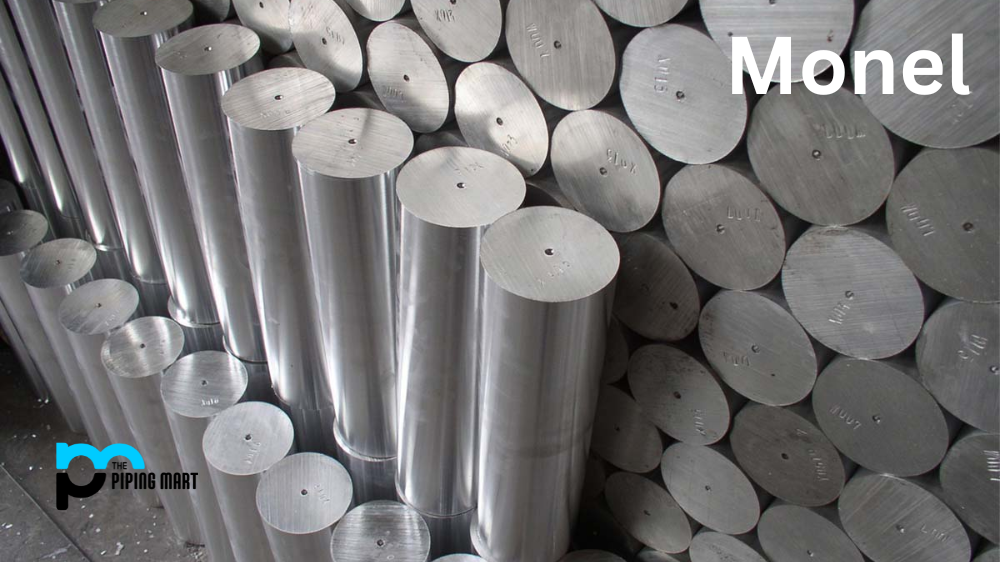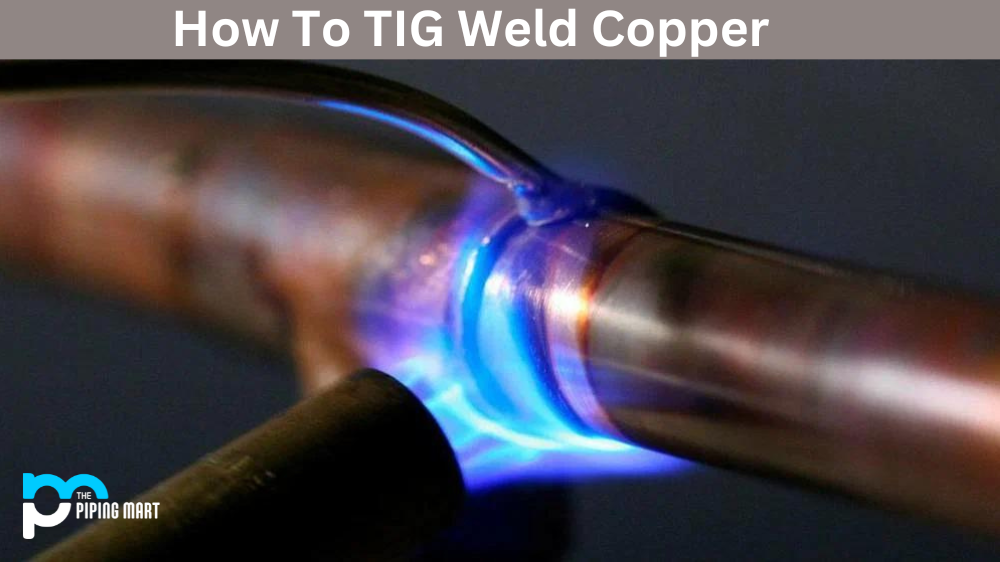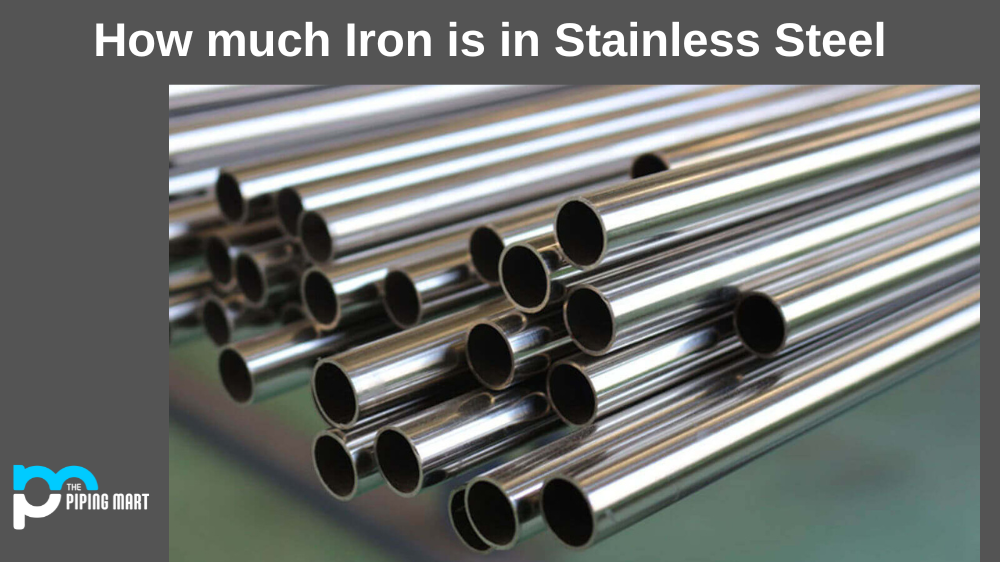The marine industry demands high-performance materials that can withstand the harsh environment of seawater. Monel is a widely used alloy in seawater applications due to its high corrosion resistance, strength, and durability. This nickel-copper alloy has unique properties that make it suitable for various marine applications, from fasteners to heat exchangers. In this blog post, we will explore the benefits of Monel in seawater applications and discuss some examples of its use in the marine industry.
What is Monel?
Monel is a type of nickel-copper alloy that was first developed by metallurgist Robert Crooks Stanley in 1901. It is named after the president of the International Nickel Company, Ambrose Monell, who funded the research for its development.
This unique alloy contains approximately 67% nickel and 28% copper, with small amounts of iron, manganese, carbon and silicon. Its composition gives it exceptional resistance to corrosion and high strength, making it suitable for a wide range of applications.
Monel has been widely used in marine engineering due to its resistance to saltwater corrosion. It is also commonly used in chemical processing equipment that comes into contact with sulfuric acid or fluorine gas. In addition to this, monel has been utilized in various industries such as aerospace, oil and gas, medical devices, and even fashion accessories.
What sets monel apart from other alloys is its ability to maintain its mechanical properties at both high and low temperatures. This makes it ideal for extreme environmental conditions like deep-sea exploration or space travel.
Furthermore, monel offers excellent welding capabilities, allowing easy fabrication without compromising strength or durability. With its outstanding properties and versatility, it’s no wonder why monel continues to be highly sought by engineers and designers alike.
Monel in Seawater Applications: Corrosion Resistance in Marine Applications
Corrosion Resistance of Monel in Seawater Applications:
Monel’s high resistance to seawater corrosion is one of its most significant advantages in marine applications. The alloy comprises around 67% nickel, 30% copper, and small amounts of iron, manganese, and other metals. These elements form an oxide film on the surface of the metal, which prevents seawater from penetrating it. Monel also resists pitting and crevice corrosion caused by seawater’s high chloride content. As a result, Monel is a preferred choice over other materials, such as stainless steel and carbon steel, which are susceptible to seawater corrosion.
Strength and Durability of Monel:
Monel is also known for its high strength and durability, making it ideal for seawater applications. The alloy has excellent mechanical properties at low and high temperatures and can withstand extreme weather conditions, vibration, and shock. Monel is also resistant to intergranular corrosion, meaning corrosion along grain boundaries can damage the metal. Monel can last for many years when correctly fabricated and maintained, reducing the need for costly repairs or replacements.
Monel Applications in the Marine Industry:
Monel’s unique properties make it an ideal material for various marine applications. It is commonly used in constructing seawater plumbing systems, as it resists fouling and scaling build-up. Monel fasteners are also used in boat building and marine construction, as they have high tensile strength and do not degrade under the harsh conditions of seawater. Heat exchangers, valves, pumps, and other marine components often incorporate Monel because of its resistance to erosion, stress corrosion, and chemical attack.
Examples of Monel Use in Seawater Applications:
Shipbuilders have long relied on Monel for components that must perform in seawater environments. One common Monel application is in constructing propellers, shafts, and other propulsion system parts, where the material’s strength, durability, and resistance to seawater can make a significant difference. Another example is the oil and gas industry, where Monel is used in offshore drilling and exploration, subsea components, and pipeline maintenance. The chemical processing and power generation industries also extensively use Monel, which makes corrosive environments better than most other materials.
Conclusion:
Monel’s high corrosion resistance, strength, and durability make it an excellent material for seawater applications in the marine industry. Its resistance to seawater corrosion, pitting, and crevice corrosion makes it preferred over other materials, such as stainless steel and carbon steel. Monel’s use in various applications, from fasteners to heat exchangers, is a testament to its versatility and reliability. When correctly fabricated and maintained, Monel components in seawater systems can last many years, reducing the need for repairs or replacements.
Sakshee is a talented blogger, with a particular focus on the Business and Metal Industry. She is passionate about sharing her insights on various metal products and helping professionals to make a better decisions.




